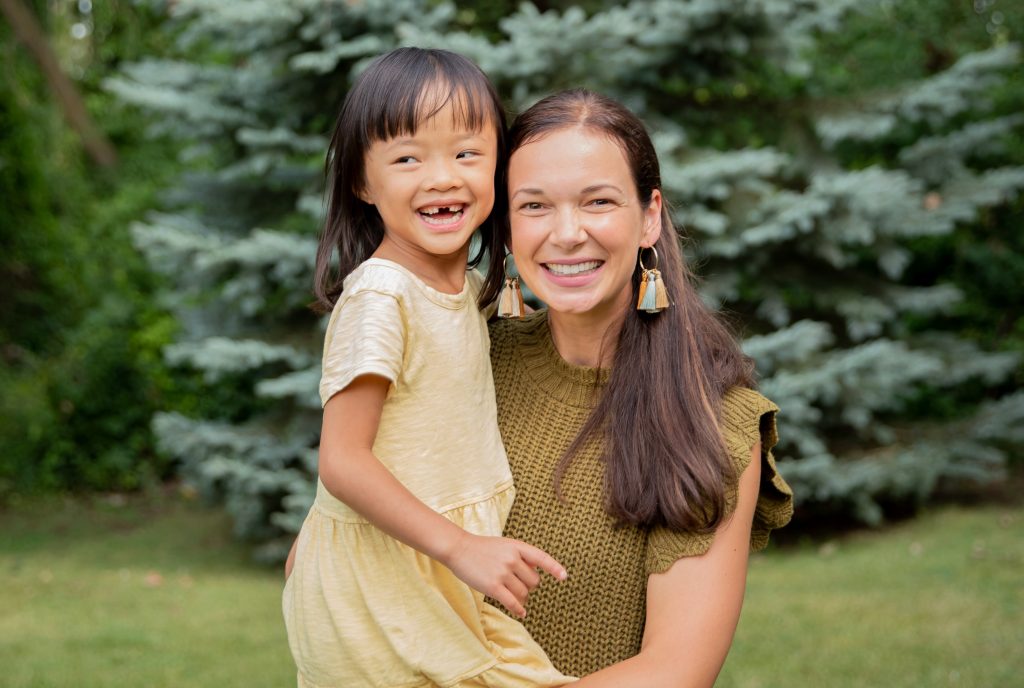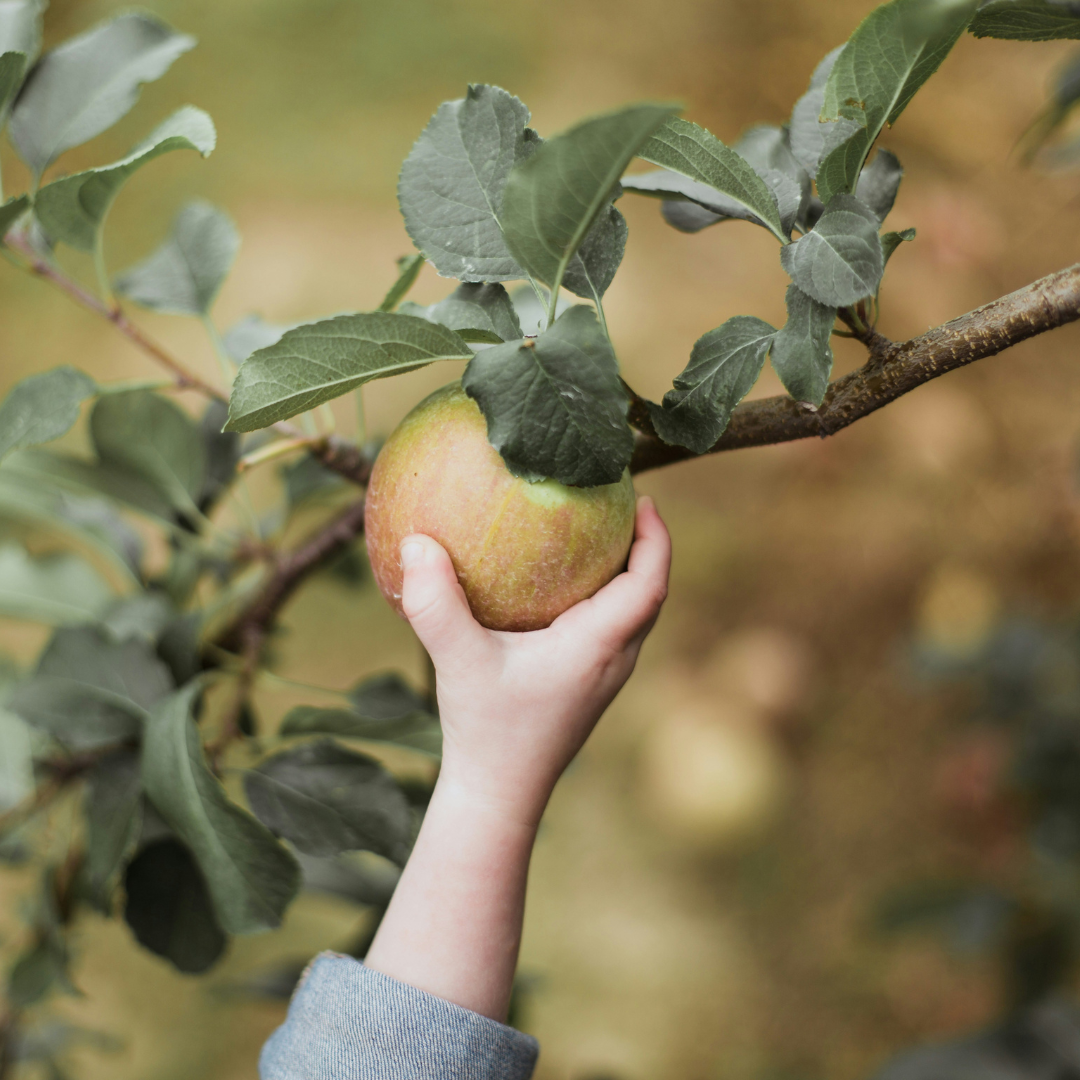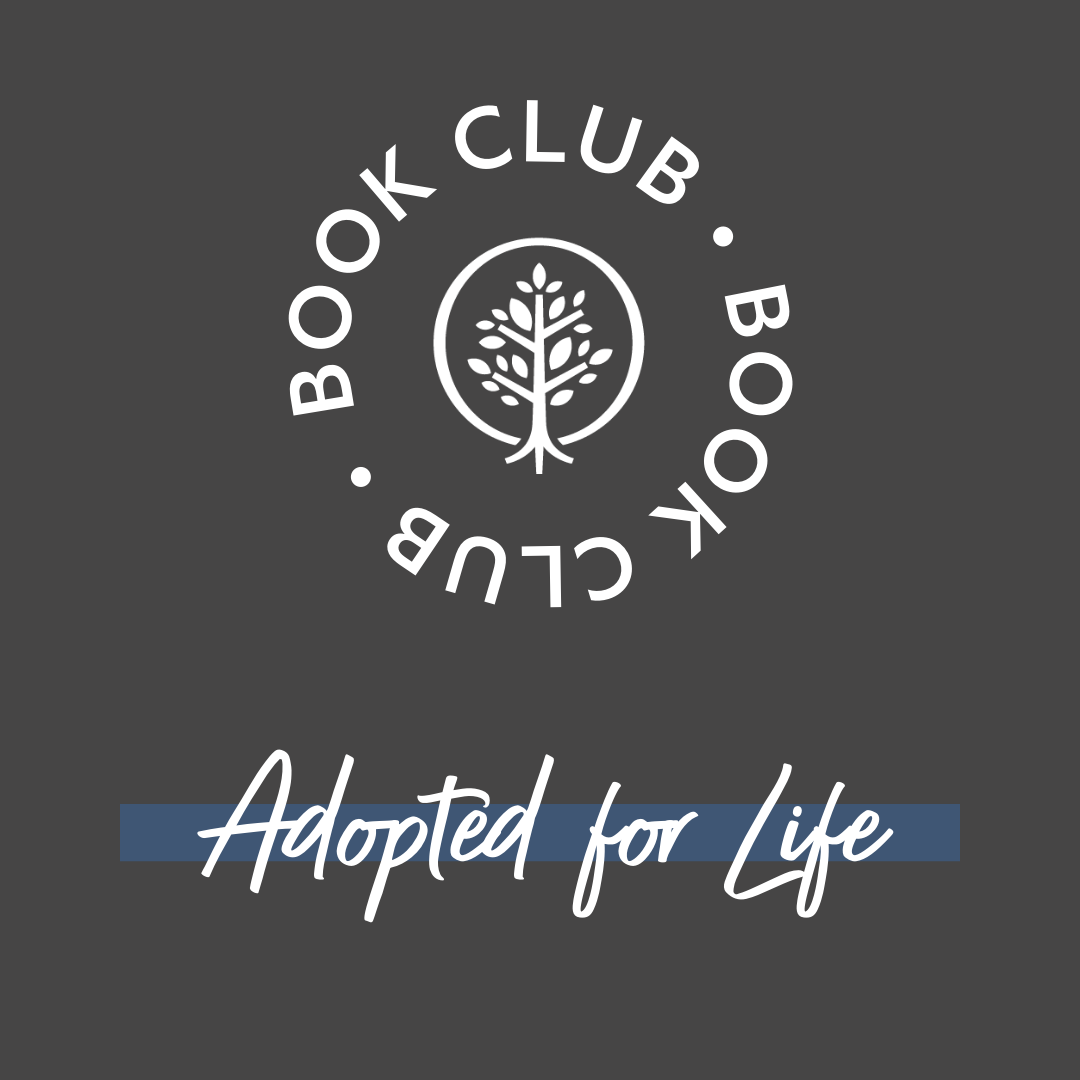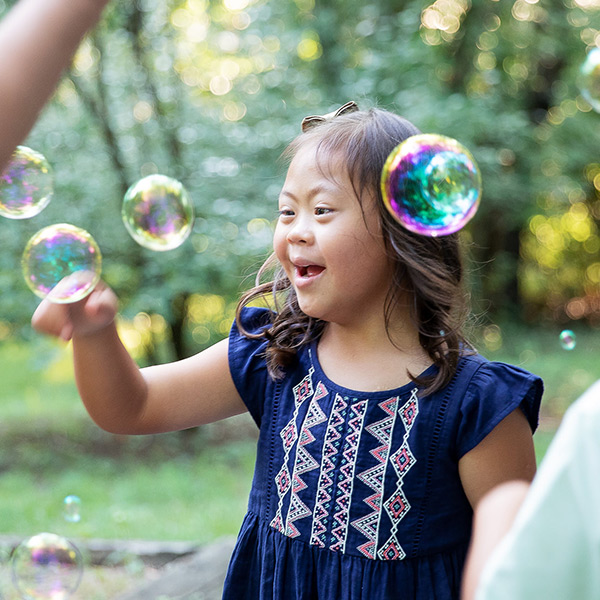Self-Care for Parents and Caregivers

“Self-care” is a popular concept in our culture these days. Businesses of all kinds are pushing the idea to “treat yourself” to the forefront of marketing campaigns. Everyone from your favorite blogger and social media influencer to your therapist and physician are recommending you make time and space for self-care. But as a parent or caregiver, making time for self-care often requires extra effort and planning. So is self-care really worth it?
The late Dr. Karyn Purvis of the Karyn Purvis Institute of Child Development (KPICD) at TCU says, “A gift you can give to your child is taking good care of yourself.”
The adoption journey does not end the day a child is welcomed home. In many ways, it is just beginning. Children impacted by adoption and foster care often have unique, complex needs. Some have experienced early attachment injuries related to loss, abuse, trauma, and/or neglect. And as parents and caregivers, providing for those needs can be time-consuming and often feel overwhelming.
“When I say take care of yourself I have parents look at me in complete disbelief. With the challenges and needs before them, they find it virtually impossible to find time for themselves,” Dr. Purvis says, “But what I always tell those parents is, there is no way for you to continue this journey, there’s no way for you to be fresh, there’s no way for you to have love and affection to give to a child, if you haven’t given some care and nurture to yourself. It is not being selfish. It is being wise. Take care of yourself. To the extent that you feel fresh, and nurtured, and loved, and cared for, you’ll be able to give that gift to your children.”
To accomplish this, Dr. Melody Aguayo, owner and founder of Real Child Consulting, which specializes in working with children who are at-risk and their caretakers, recommends parents and caregivers approach self-care in three parts, considering their spiritual, emotional, and physical well-being.
“As parents, we care about everything,” Dr. Aguayo says. “We care about every detail of our kids’ lives … and we’re going to care about everything when they’re 30 too, and 40, and 50, and I [realized I] wasn’t going to be around that long if I didn’t start taking care of my own body.”
Spiritual self-care can look like joining a church or small group of like-minded people who are willing to walk alongside you on your adoption and parenting journey. We were not meant to go through life alone. As Show Hope’s Emily Chapman Richards writes, “At the very core of who we are exists a deep desire and fundamental need for connection, belonging, and security found only within relationship. This eternal truth can be traced back to the very beginning of time.”
A great resource to walk through with your community is “Created to Connect.” This study guide sheds light and goes deeper into the biblical principles that serve as the foundation for the philosophy and interventions detailed in “The Connected Child” by Drs. Purvis and David Cross.
As part of that support or small group, consider recruiting volunteers who can be on-call to help meet the everyday needs of adoptive and/or foster care families. It can be as simple as setting up a meal train for heavy, busy seasons of life or offering childcare for parents to have a night out for reconnecting.
“Continue to reach for people,” Dr. Aguayo continues. “When you feel shame that you are not living up to your potential or what is expected of you, then you really want to push people away, or you want to retreat. But I know the bravest thing you can do in those moments is continue to reach for people.”
Another way to invest in your emotional self-care is to seek advice from a counselor or therapist who has a strong understanding of the joys and challenges that can come with parenting and who is familiar with the impact that early trauma can have on a child’s development and attachment.
And when it comes to taking care of your physical body, nutrition, exercise, and sleep are hugely important.
“Pay attention to your need for rest,” Dr. Aguayo says. “Rest can be active or passive. For me, it’s usually very active. I like kayaking, being outside, hiking—that sort of thing. But it can also be passive, like reading a book.”
While taking time for self-care may seem like just one more thing to add to your to-do list, it is vital to your well-being and therefore the well-being of your child(ren). Start small, and remember that the best gift you can give your child is you. A healthy, happy, you.
To learn more about Show Hope’s Pre+Post Adoption Support, visit our website here, including our upcoming Hope for the Journey Conference, designed specifically with today’s busy parent or caregiver in mind.





